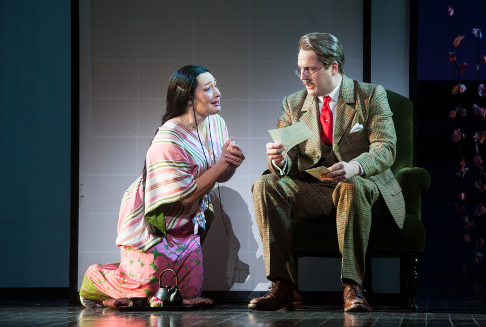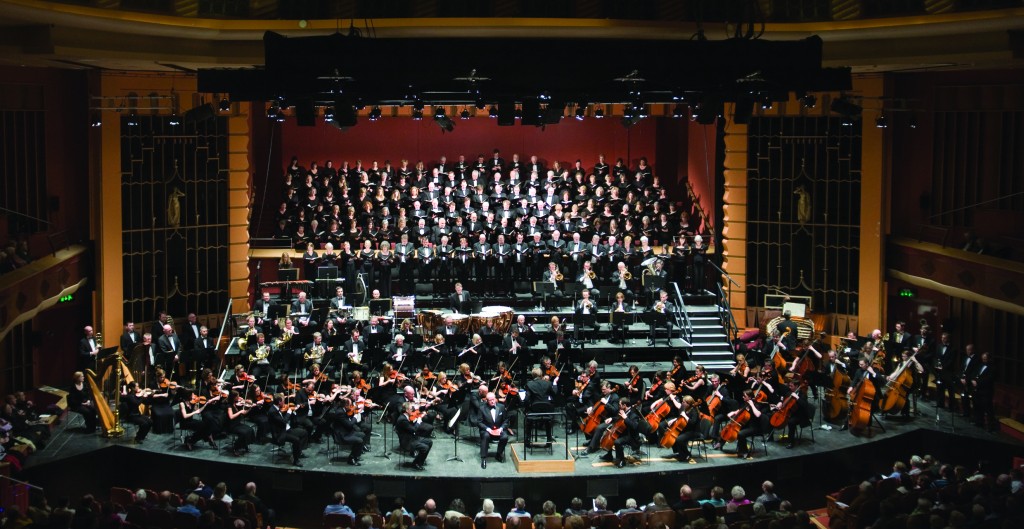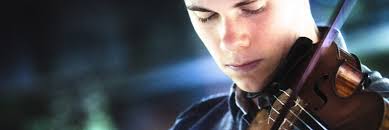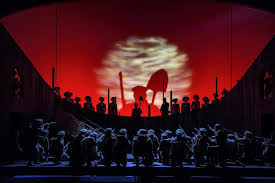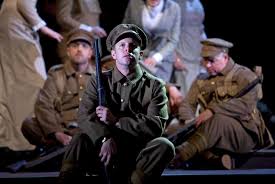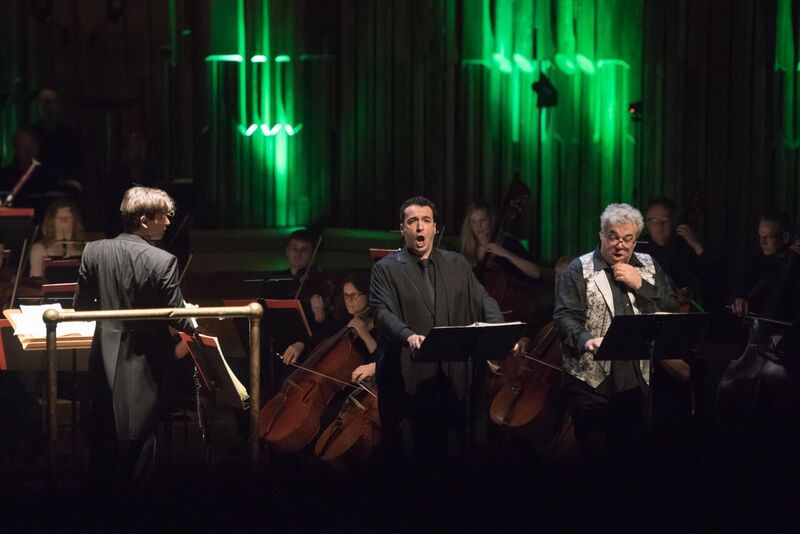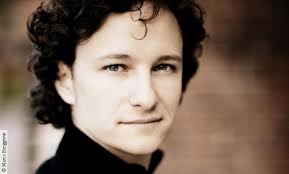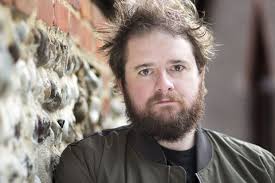London Coliseum, 25 May 2016
This is the sixth revival of Anthony Minghella’s production of Madame Butterfly at the London Coliseum and musically it was very sound. Sir Richard Armstrong takes a robust approach to the score which drives it fast and encourages a wide range of orchestral colour. If it tended at times to almost drown out the soloists, particularly early on, this was a minor complication in the face of fine playing.
On stage there was much to commend the soloists. David Butt Philip as Pinkerton has a gauche charm and the naivety of a very young man out of his depths. He threw off Dovunque al mondo with panache and its moral laxity was well picked up by George von Bergen’s world-weary Sharpless. If anything, it was Sharpless who was the most convincing character on stage and the dramatic intensity dropped when he was not present.
Rena Harms has the voice for Cio-Cio-San and almost convinces us she is only fifteen. The love duet flowered strongly though frequently placing the soloists well up-stage did not help.
As noted above this was the sixth revival of this production though, strangely, it was the first time I had seen it. I realise now why I had been avoiding it. As a friend noted this was opera for people who don’t like opera. There is no attempt to develop characterisation or intimacy. The start of the love duet is fine – the image closely controlled so that we focus on the characters. Then suddenly they are in a vast black void surrounded by floating paper lanterns and a constant rain of cherry blossom. Think Disney restaging Chu Chin Chow. They hardly sing to each other and there is no dramatic tension, still less any erotic frisson which is what Puccini intended. I accept I am in a minority because those around me were obviously thoroughly enjoying it, but it is surely dangerous to encourage audiences to think of a work like this, which can be emotionally devastating, as simply a pretty entertainment.

